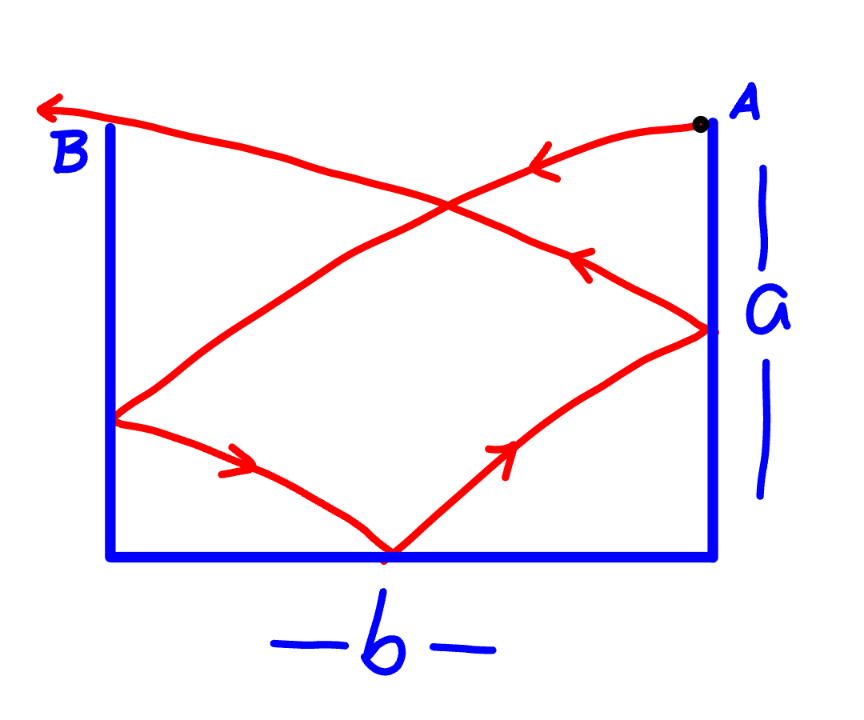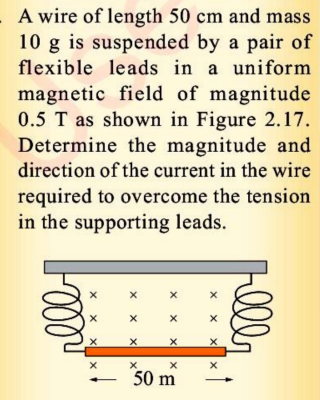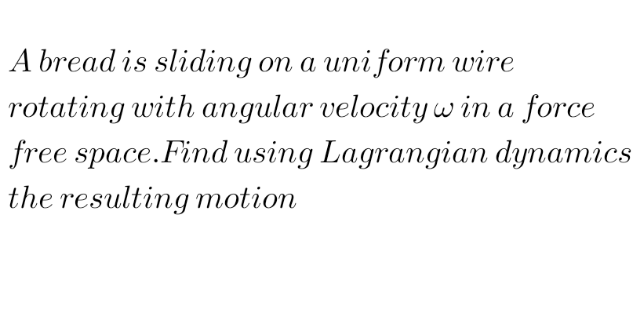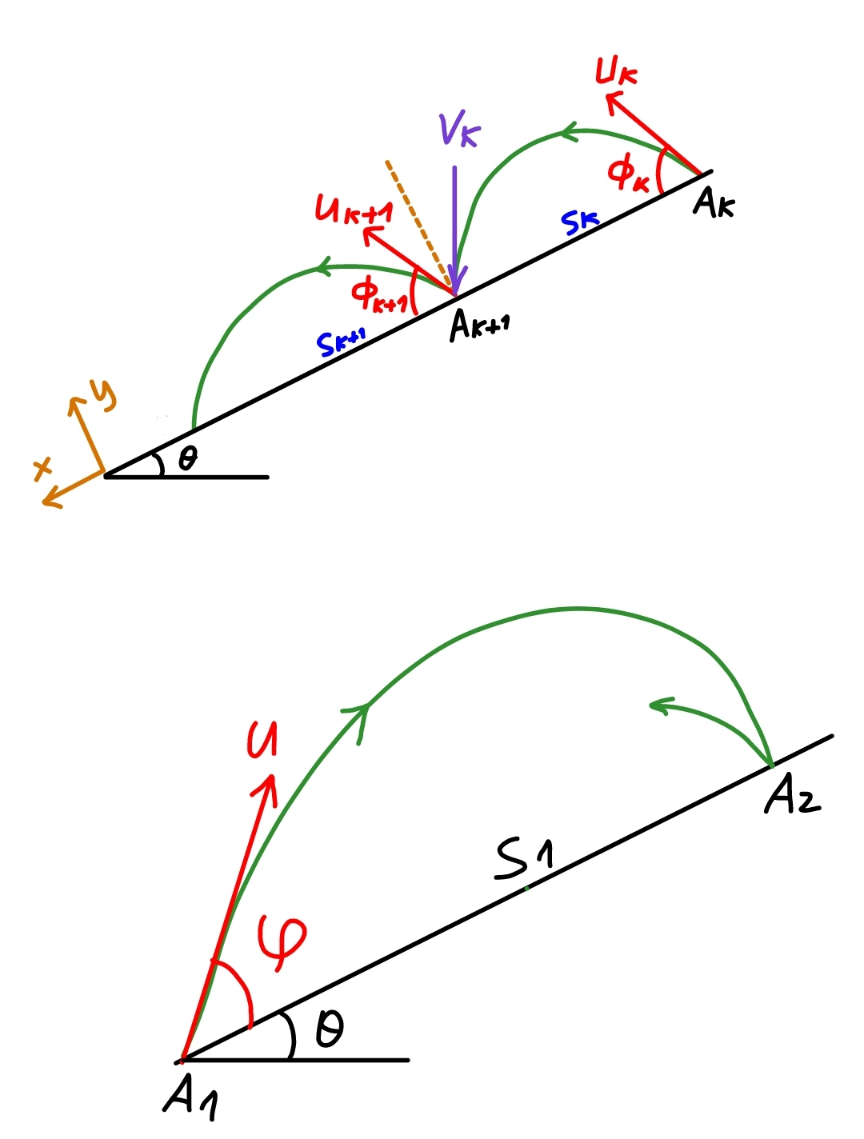
MechanicsQuestion and Answers: Page 1
Question Number 206394 Answers: 0 Comments: 1

Question Number 206273 Answers: 1 Comments: 0
Question Number 204078 Answers: 0 Comments: 1

Question Number 203985 Answers: 0 Comments: 8

Question Number 202816 Answers: 5 Comments: 5

Question Number 202308 Answers: 0 Comments: 1

Question Number 200428 Answers: 1 Comments: 0

Question Number 200137 Answers: 1 Comments: 5

Question Number 199705 Answers: 0 Comments: 0
Question Number 199349 Answers: 0 Comments: 0

Question Number 199181 Answers: 0 Comments: 1

Question Number 198832 Answers: 1 Comments: 2

Question Number 198692 Answers: 0 Comments: 0

Question Number 198395 Answers: 0 Comments: 8

Question Number 198363 Answers: 2 Comments: 0

Question Number 197619 Answers: 2 Comments: 1

Question Number 197038 Answers: 0 Comments: 0

Question Number 196697 Answers: 1 Comments: 3

Question Number 196785 Answers: 1 Comments: 0

Question Number 196784 Answers: 0 Comments: 0

Question Number 196559 Answers: 0 Comments: 0

Question Number 196558 Answers: 0 Comments: 0

Question Number 196493 Answers: 1 Comments: 1

Question Number 196160 Answers: 0 Comments: 3

Question Number 195870 Answers: 1 Comments: 4

Question Number 194193 Answers: 0 Comments: 0

